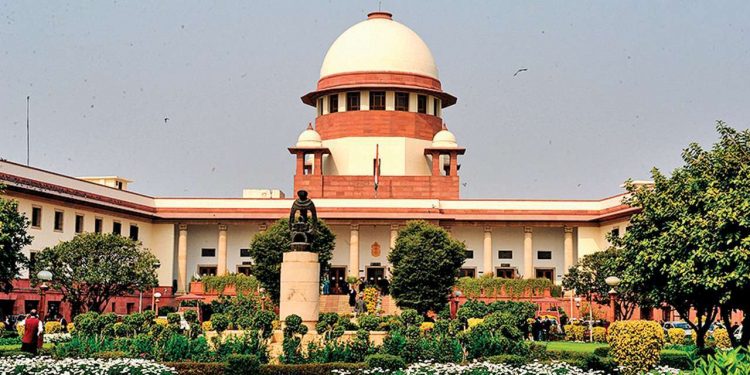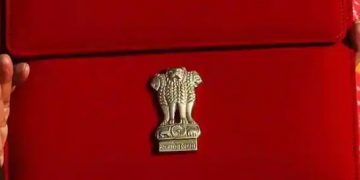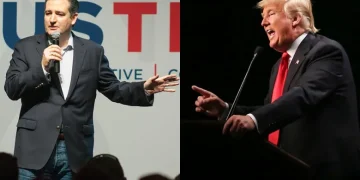New Delhi: Political parties relying on caste considerations are equally dangerous for the country, the Supreme Court observed Tuesday as it refused to entertain a plea seeking cancellation of the registration of the All India Majlis-e-Ittehadul Muslimeen (AIMIM) as a political party.
A bench of Justices Surya Kant and Joymalya Bagchi pointed out that according to the constitution of the AIMIM, its objective is to work for every backward section of the society, including minorities, which is professed by the Constitution.
“The party says they will work for every backward class in the society, including those belonging to minority communities and Muslims who are backward both economically and in the field of education. This is what our Constitution professes. There are certain rights guaranteed to minorities under the Constitution and the party’s political manifesto or constitution says it will work for the protection of those rights granted under the Constitution,” the bench told advocate Vishnu Shankar Jain, who appeared in the court on behalf of the petitioner.
The bench, which asked Jain to withdraw the plea filed against a Delhi High Court order that dismissed a writ petition challenging the registration and recognition of the AIMIM by the Election Commission (EC), granted liberty to the petitioner to file a writ petition, wherein he may make a wider prayer for reforms in respect of political parties on different counts.
“You may be right that there are some grey areas, where even after giving an undertaking, a party or a candidate of the party may indulge in a campaign which may raise religious sentiments, but for that one can bring the incident to the notice of an appropriate forum.
“There are some political parties which rely on caste considerations, which is equally dangerous for the country. This is not allowed. So you may file a neutral petition which does not accuse any specific political party or accuse any individual and raises general issues. Bring to our notice and we will take care of it,” the bench told the petitioner.
Jain, who represented petitioner Tirupati Narasimha Murari, submitted that the AIMIM also says it will promote Islamic education amongst Muslims and create general awareness to abide by Sharia law.
Justice Kant said, “So what is wrong in that? Teaching Islamic education is not wrong. We will welcome if more and more political parties establish educational institutions in the country. There is nothing wrong with it.”
Jain contended that there is discrimination as he claimed that if he goes to the EC to register a political party with a Hindu name and gives an undertaking that he wants to teach the Vedas, the Puranas and the Upanishads, his application would be rejected.
The bench said, “If the ECI raises any such objection against the teaching of the Vedas, the Puranas, the Shastras or any religious scriptures, please go to the appropriate forum. Law will take care of that. There is nothing wrong in the reading of our old treatise, books or literature or history. Absolutely, there is no prohibition under law.”
Justice Kant further told Jain that if a political party says it will promote untouchability, that is absolutely offending and must be struck down and banned but if the Constitution protects a religious law and the party says it wants to teach that to people, then there is nothing wrong in it.
“Suppose a religious law is protected under the Constitution and a political party says we will teach that law, they will be allowed to teach because it is protected under the Constitution. This is within the framework of the Constitution and is not objectionable,” Justice Kant said.
January 16, a division bench of the Delhi High Court rejected the plea challenging the registration and recognition of the AIMIM, saying the party fulfilled all the requirements that are mandated under the law.
The high court agreed with the view of a single-judge bench that on November 20, last year said the petition was without merits and the arguments amounted to interference with the fundamental rights of the AIMIM members to constitute themselves as a political party, espousing their political beliefs and values.
PTI






































